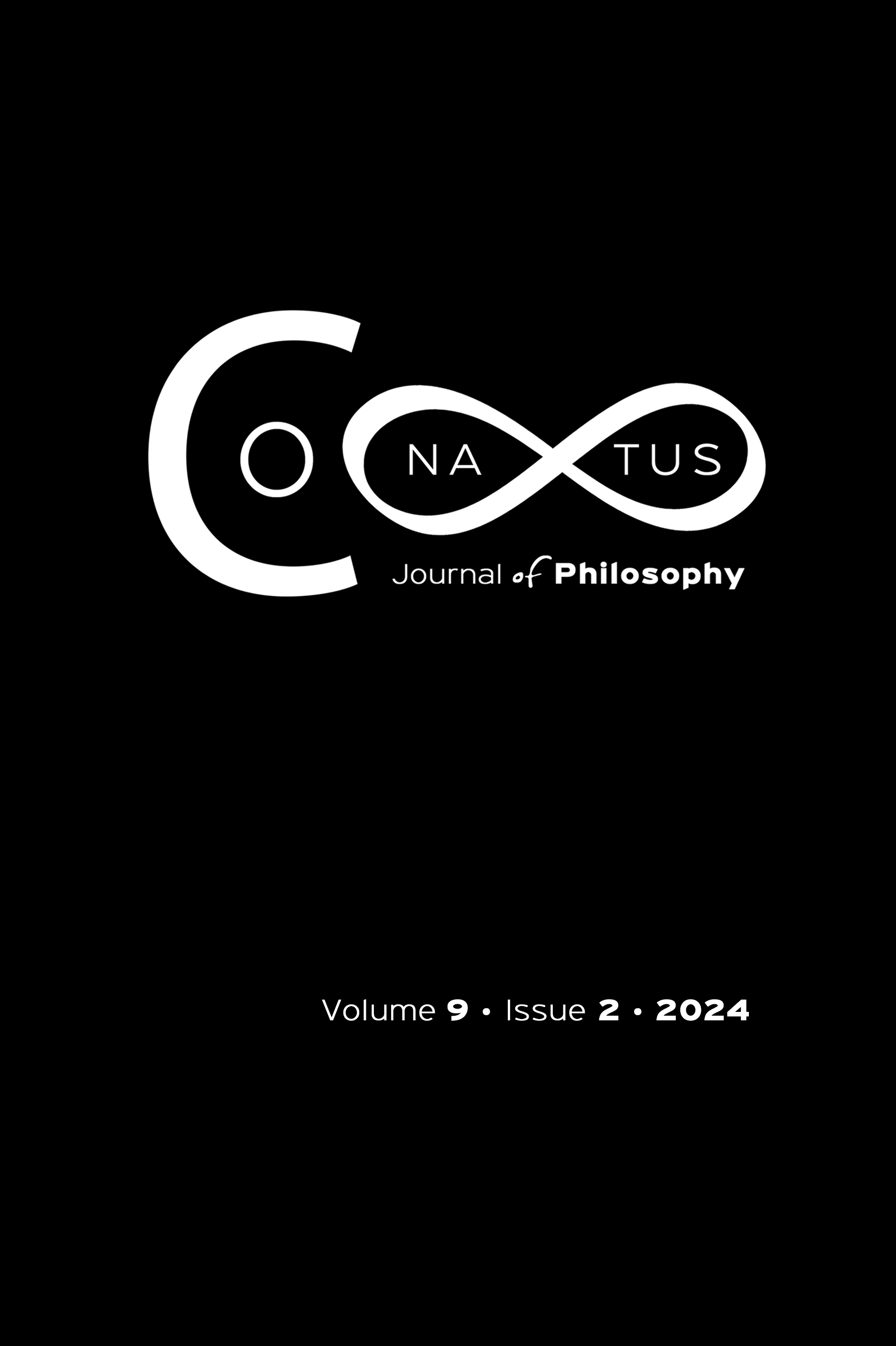Al-Ghazali on Taqlid, Ijtihad, and Forming Beliefs
Abstract
Medieval philosophy has often been stereotypically characterized as rigidly reliant on authority and lacking originality. However, the present research challenges this perception by unveiling the lively debates among medieval philosophers in the Islamic World regarding the autonomy of thought for both esteemed scholars and everyday individuals. Rather than passively accepting authoritative doctrines, these philosophers contemplated the extent to which independent reflection should play a role. Surprisingly, their reflections resonate in the contemporary world as we grapple with parallel questions about the balance between authority and individual inquiry in our society. The first part of the paper introduces a timeless challenge faced by medieval Islamic philosophers: the formation of beliefs. This predicament persists today – how much should we rely on authority without critical examination, and when should we subject our beliefs to scrutiny? The paper introduces an Islamic classical tradition followed by Muslim jurists, theologians, and philosophers: the nuanced distinction between Taqlid (following authority) and Ijtihad (independent reasoning) to address this. The perspective of Al-Ghazali, a prominent representative of this tradition, is thoroughly examined, highlighting its contributions and challenges. In its methodological approach, this paper rigorously analyzes primary and secondary sources relevant to Al-Ghazali’s views in Arabic and English. This comprehensive analysis aims to contribute to a more nuanced understanding of the intricate interplay between authority and independent reasoning in the context of medieval Islamic philosophy.
Article Details
- Come citare
-
Alhayyani, M. (2024). Al-Ghazali on Taqlid, Ijtihad, and Forming Beliefs. Conatus - Journal of Philosophy, 9(2), 9–22. https://doi.org/10.12681/cjp.36321
- Sezione
- Articles

Questo lavoro è fornito con la licenza Creative Commons Attribuzione - Non commerciale 4.0 Internazionale.
Authors who publish with this journal agree to the following terms:
Authors retain copyright and grant the journal right of first publication with the work simultaneously licensed under a Creative Commons Attribution Non-Commercial International License (CC BY-NC 4.0) that allows others to share the work with an acknowledgement of the work's authorship and initial publication in this journal.
Authors are able to enter into separate, additional contractual arrangements for the non-exclusive distribution of the journal's published version of the work (e.g. post it to an institutional repository or publish it in a book), with an acknowledgement of its initial publication in this journal.
Authors are permitted and encouraged to post their work online (preferably in institutional repositories or on their website) prior to and during the submission process, as it can lead to productive exchanges, as well as earlier and greater citation of published work.






